The semiconductor foundry business has gone through a dynamic transformation over the last 30 years. In the beginning the foundries were several process nodes behind the IDMs with little hope of catching up. Today the foundries are leading the process development race at 10nm – 7nm, and will continue to do so, absolutely.… Read More
 CEO Interview with Dr. Raj Gautam Dutta of Silicon AssuranceDr. Raj Gautam Dutta is the Co-Founder and…Read More
CEO Interview with Dr. Raj Gautam Dutta of Silicon AssuranceDr. Raj Gautam Dutta is the Co-Founder and…Read More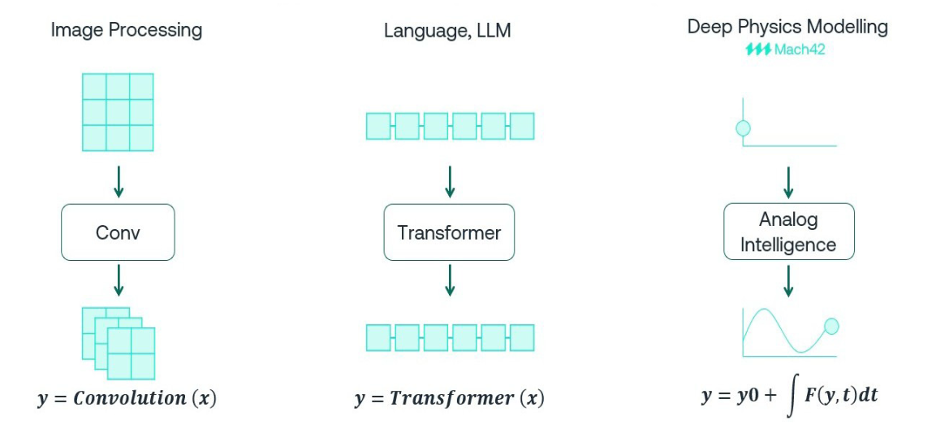 Beyond Transformers. Physics-Centric Machine Learning for AnalogPhysical AI is an emerging hot trend, popularly…Read More
Beyond Transformers. Physics-Centric Machine Learning for AnalogPhysical AI is an emerging hot trend, popularly…Read MoreLet The AI Benchmark Wars Begin!
Why benchmark competition enables breakthrough innovation in AI. Two years ago I inadvertently started a war. And I couldn’t be happier with the outcome. While wars fought on the battle field of human misery and death never have winners, this “war” is different. It is a competition of human ingenuity to create new technologies … Read More
The 7 Most Dangerous Digital Technology Trends
As our world embraces a digital transformation, innovative technologies bring greater opportunities, cost efficiencies, abilities to scale globally, and entirely new service capabilities to enrich the lives of people globally. But there is a catch. For every opportunity, there is a risk. The more dependent and entrenched… Read More
Semiconductor Metrology Inspection Outpacing Overall Equipment Market in 2018
As uncertainties mount about the near-term semiconductor industry from companies in Apple’s supply chain and the significant drop in memory chip prices, the semiconductor industry has consistently grown each year since the great recession of 2009. Semiconductor revenues have consistently outpaced semiconductor equipment… Read More
Designing a fully digitally controlled DC-DC buck converter
One of the unsung heroes of our digital world is the modest voltage converter. Batteries and wired power sources rarely match up with the supply needs for advanced ICs. Leading edge ICs have multiple voltage domains and very often, as in the case of processors, use dynamic voltage scaling to help conserve power. Looking at where … Read More
2019 the Year of Electrification
After two years of wrestling with and at least partially resolving fraud charges over its “defeat device” to manipulate emissions testing results, Volkswagen emerged in 2018 as the flag-bearer for electrification in the U.S. The company also concluded 2018 as the largest producer of passenger cars in the world.
In spite of or … Read More
Tackling Manufacturing Errors Early with CMP Simulation
CMP (Chemical Mechanical Planarization or also known as Chemical Mechanical Polishing) is a wafer fabrication step applied generally after a chemical deposition –intended to smoothen and to flatten (planarize) wafer surfaces with the combination of chemical and mechanical forces. Developed at IBM and since its introduction… Read More
IEDM 2018 Imec on Interconnect Metals Beyond Copper
At IEDM this December Imec presented “Interconnect metals beyond copper – reliability challenges and opportunities”. In addition to seeing the paper presented I had a chance to interview one of the authors, Kristof Croes. Replacements for copper are a hot subject and I will summarize the challenges and Imec’s work.… Read More
You Will Not Get Fired for Choosing RISC-V
These were the closing words Yunsup Lee, CTO, SiFive used at one of the December RISC-V Summit Keynotes entitled ‘Opportunities and Challenges of Building Silicon in the Cloud’. Fired up was more the mood among the 1000+ attendees of the RISC-V Summit held at the Santa Clara Convention Center and SiFive was among the companies showcasing… Read More
Physical Verification with IC Validator
If a picture worths a thousand words, a tapeout quality SoC design with billions of polygons would compose a good book. To proofread this final design transformation format requires a foundry driven DRC/LVS signoff solution that nowadays is becoming more complex with further process scaling and shrinking pitch dimension.
Despite… Read More

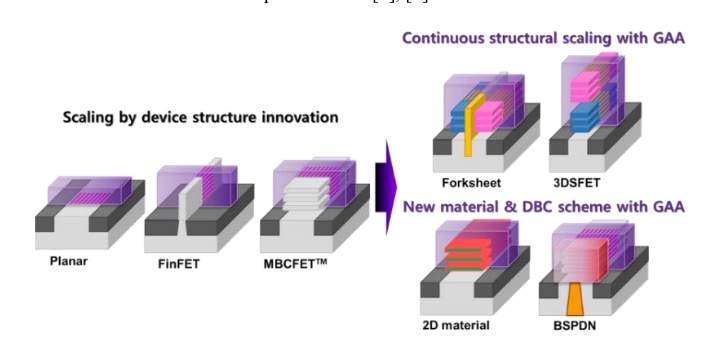


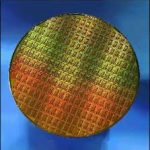
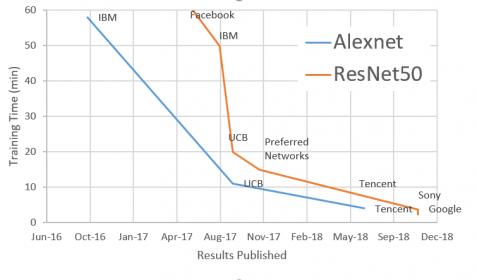

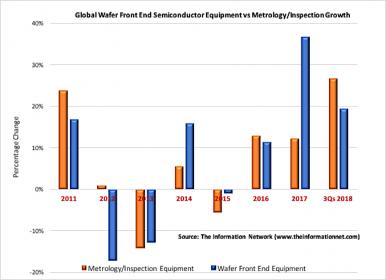

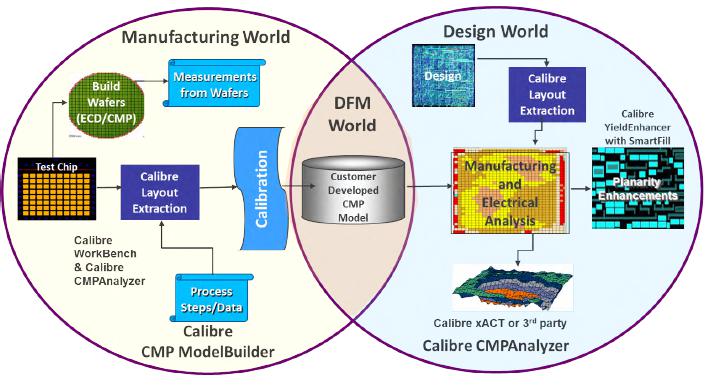
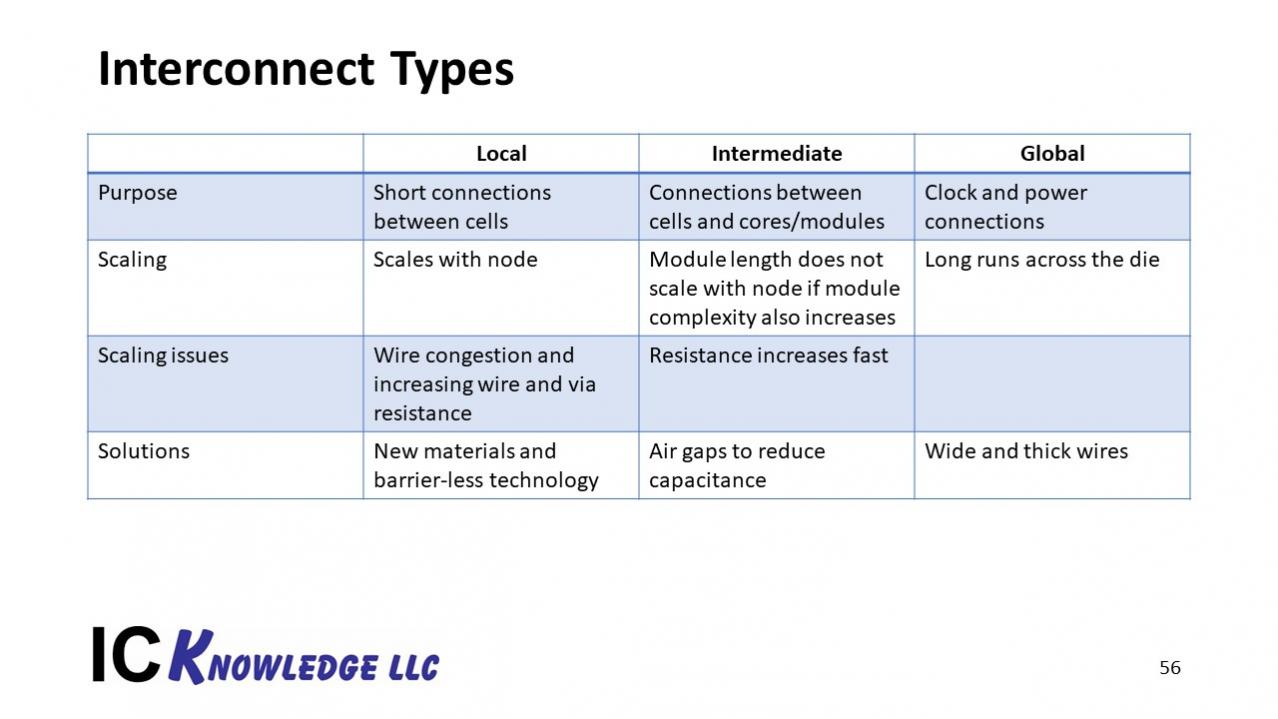
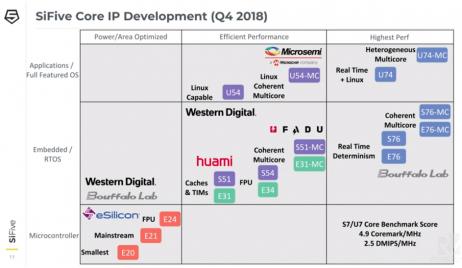
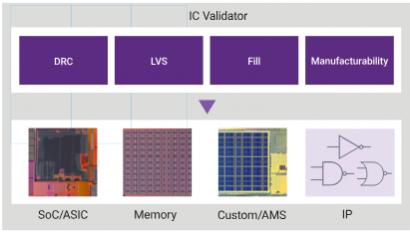
TSMC vs Intel Foundry vs Samsung Foundry 2026